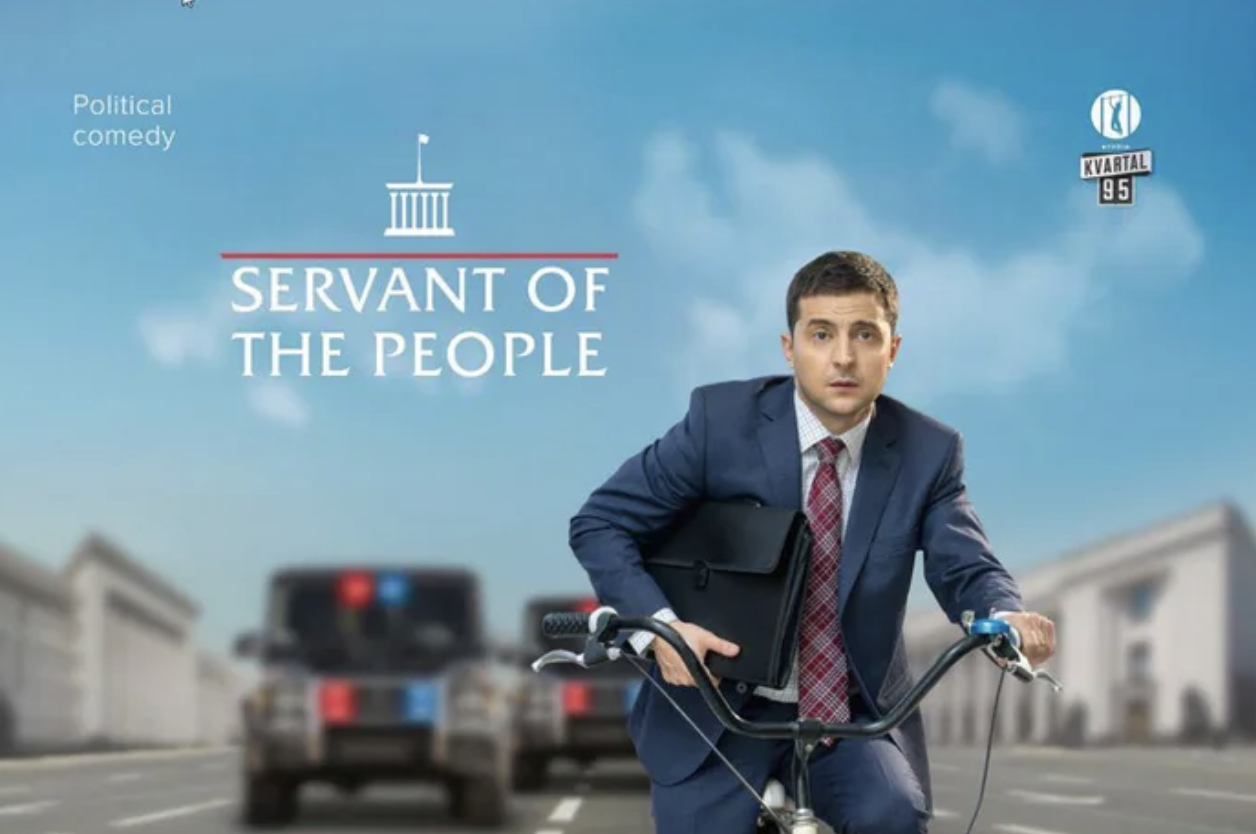The cruelty of humour in politics

Beer Prakken researches humour and play in politics. He has just returned from America, where he conducted part of his research. What is currently happening in American politics under Donald Trump’s leadership is fascinating, but there is also enough going on in the Netherlands to provide him with input.
Text: Merel Weijer, Corporate Communication UG / Photos: Reyer Boxem
How did you come to the topic of humour and play in politics?
‘My Master’s thesis was about dark play and Donald Trump. I believed then, and still believe now, that play and humour are not taken seriously in the right way. I believe it plays a vital role in determining why people are drawn to someone like Trump, why they rally behind him, and why they may ultimately become radicalized. This was something I wanted to research further. The more I learn about it now, the more my hypothesis seems to hold true.’
What was it like to conduct research in the US?
‘Everything was completely different in the US. I attended CPAC (Conservative Political Action Conference) and it was absolutely huge and packed with people. American culture is a lot more expressive than the more down-to-earth Dutch culture. Since Trump entered politics, you can see that a lot is being adopted by other countries in terms of humour and play. This trend is also evident in the Netherlands. Thierry Baudet was suspected of having ties to Russia, but suddenly said his statements were meant ironically. This was very clearly borrowed from Trump. This communication tactic is often used in politics to try out new ideas. Baudet made a number of statements about conspiracy theories, but when he realized that they weren't as successful as in America, he brushed them off as a joke.’

Is there a purpose to humour in politics?
‘Research has shown that people take a joke just as seriously as non-humorous statements. So if you do it right, you can hardly lose. You can hide behind a joke while still persuading people. In ancient rhetoric, humour has long been used as a persuasion technique. An opponent’s logical argument in a debate can easily be brushed aside with a joke.
Humour is also used as part of a culture within a political movement. JD Vance stated at CPAC: 'It's very important to joke with one another, unlike the Woke Left, who disapprove of this. Telling jokes and having a beer together is the essence of masculinity.' Humour thus becomes a political tool.’
How is humour used, exactly?
‘People are more receptive to extreme ideas when humour is used to convey them. The far-right readily takes advantage of this. For example, neo-Nazis state on their website, The Daily Stormer, that you should be 'light-hearted'. What they imply is that people shouldn't be able to tell whether something is a joke or not, as explicit racist hate isn't something people want to hear. Here, humour is clearly used in a highly intentional and strategic manner.
Donald Trump uses it in the same way, for example by joking about Gaza or Greenland. Only after seeing the reaction does he decide whether to follow through with it seriously. His jokes are purely strategic.’

How do cynicism and humour relate to each other?
‘Cynicism is a very fertile ground for the times we're living in. If everything is going well, people don't have the need to ridicule the political system. In the interviews I conducted in the US, I found that many people were deeply disappointed with the political system. We can see this in the Netherlands too.
Nowadays, people greatly value comedians who use humour to mock and undermine the political system. As a result, some of these comedians become so popular that they start thinking: "Why not do it myself?" Consider Beppe Grillo in Italy and Zelensky in Ukraine. In the US, they are now even calls for John Stewart, host of The Daily Show, to run in the 2028 presidential election. Comedians seem to be very good at expressing the cynicism that citizens feel towards the political system. While I don't think it's the right answer, this is the current state of affairs.’

How should we go about dealing with humour in politics?
‘There are a few things we should bear in mind. First, humour and play are very important for understanding the current times, especially in the context of the far-right discourse. People often view humour as something harmless, but we should stop thinking that way. Even neo-Nazis use humour in a strategic way, and if we don’t recognize this, we can't address it.
In our personal lives, humour is often positive. However, in politics it can be used in cruel, strategic, and negative ways. The hybrid form that politics and humour have merged into — with comedians influencing the news, neo-Nazis calling themselves comedians, and a president who acts as an entertainer — is a great cause for concern. It is becoming increasingly less clear what is meant as a joke and what is meant seriously.
You could argue that there is not enough room for play in the current culture. In the past, it had a greater presence in rituals and shared celebrations, such as carnival. I'm not saying we should go back in time, but we do need to recognize that the slow fusion of humour, play, and politics is not a positive development.’
More information
More news
-
08 December 2025
Citizen participation essential for a sustainable energy future
-
02 December 2025
Trust in science requires integrity in communication
-
28 October 2025
The search for responsibility in the financial world
